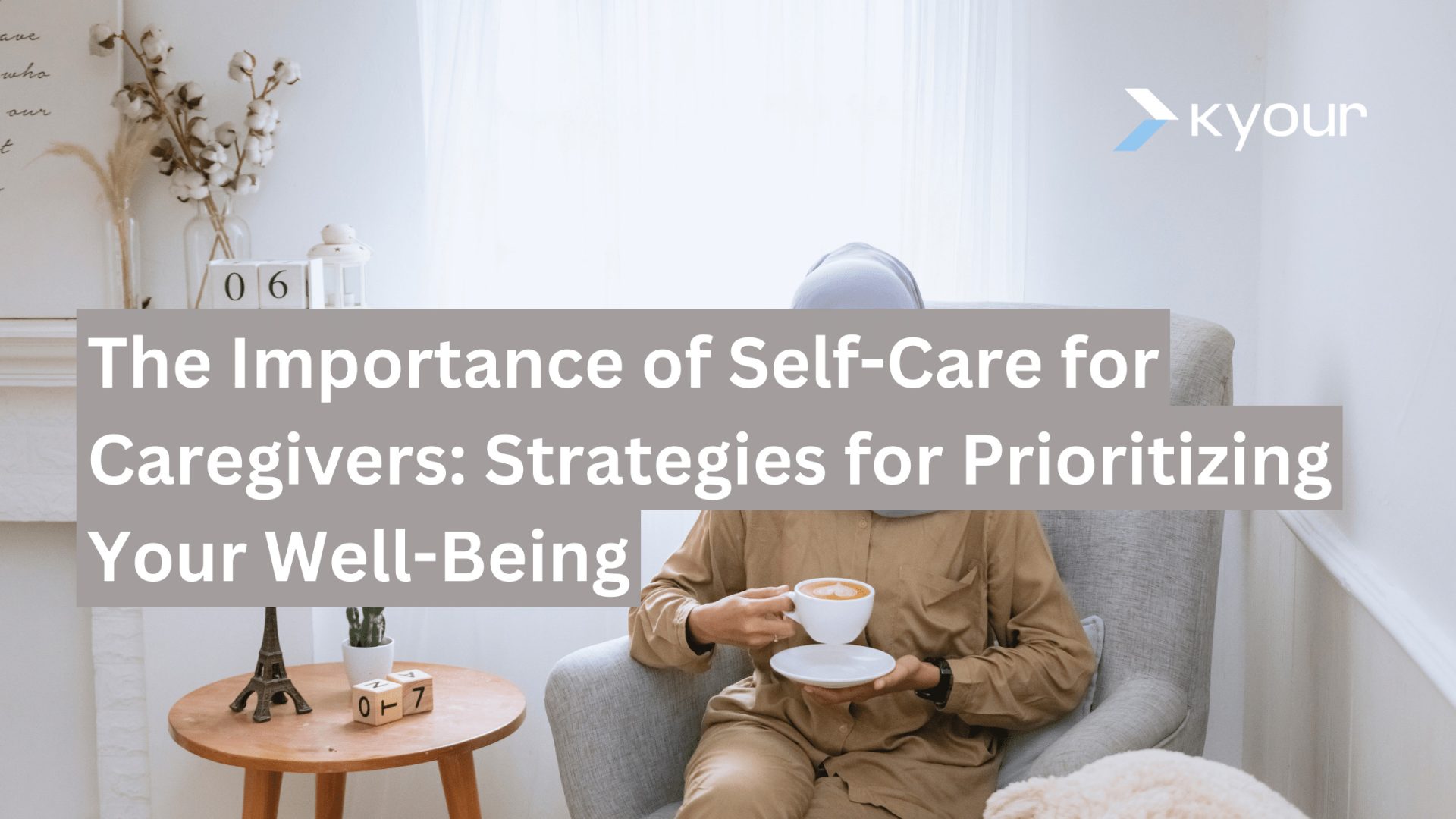Taking care of others is a noble and loving act, but sometimes we forget to take care of ourselves in the process.
If you’re a caregiver, whether for a family member or a professional role, it’s essential to remember that you also need care and attention.

Self-care means taking deliberate actions to look after your own physical, mental, and emotional well-being. It’s not selfish; it’s necessary for you to continue providing the best care for others.
Why is Self-Care Important for Caregivers
1. Preventing Burnout: Caregiving can be physically and emotionally demanding. Without proper self-care, you risk burnout, which can lead to exhaustion, stress, and even resentment towards those you care for.
2. Maintaining Health: Neglecting your own health can compromise your ability to care for others effectively. Regular self-care activities can help you stay physically and mentally healthy, enabling you to fulfill your caregiving responsibilities better.
3. Enhancing Well-Being: Engaging in self-care activities can improve your overall well-being. Taking time for yourself can reduce stress, boost mood, and increase energy levels, making you better equipped to handle the challenges of caregiving.

Strategies for Prioritizing Self-Care
1. Set Boundaries: Establish clear boundaries between your caregiving duties and personal time. Communicate these boundaries to others involved in the caregiving process, and don’t be afraid to say no when necessary.
2. Make Time for Yourself: Schedule regular breaks throughout the day to focus on your own needs. Use this time to engage in activities you enjoy, such as reading, exercising, or spending time outdoors.
3. Seek Support: Don’t hesitate to ask for help when you need it. Reach out to friends, family members, or support groups for assistance with caregiving tasks or emotional support.
4. Practice Self-Compassion: Be kind to yourself and recognize that you’re doing the best you can in a challenging situation. Treat yourself with the same compassion and understanding that you would offer to others.

5. Prioritize Sleep: Getting enough rest is essential for your physical and mental well-being. Aim for seven to eight hours of sleep each night and create a relaxing bedtime routine to help you unwind.
6. Nourish Your Body: Eat a balanced diet rich in fruits, vegetables, whole grains, and lean proteins. Avoid relying on caffeine or sugary snacks to boost energy, as these can lead to crashes later on.
7. Stay Connected: Maintain relationships with friends and loved ones outside of your caregiving role. Social support is crucial for combating feelings of isolation and maintaining a sense of perspective.

In conclusion, self-care is not a luxury but a necessity for caregivers. By prioritizing your own well-being, you can ensure that you’re better equipped to provide quality care to those who depend on you.
Remember to be kind to yourself and make self-care a priority in your daily life.

